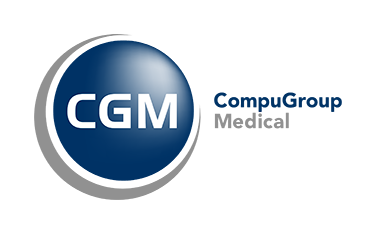Predictive data in healthcare
The challenge
Current care as usual will not be manageable within a very short time span with increasing incidence of disease and a decrease in total healthcare personnel to carry the load. Therefore, preventative medicine rightfully receives increasing attention. Examples can be found in the monitoring of high-risk patients with smart watches and routine examinations. However, the identification of patients at high risk largely relies on the assessment by general practitioners who see many patients daily and may not always have a complete overview of your patient information. Predictive models are available to detect individuals at risk at an earlier stage, possibly even before disease onset. Unfortunately, their use in practice is very limited due to the time-consuming process to gather the information (clinical details, lab results, medication use, etc.) that is needed to calculate the risk, and prediction models are only used when there is a direct suspicion of disease onset.
The solution
Prediction models should be implemented at a stage where measures can be taken to prevent disease onset or where individuals at high risk can be monitored more intensively. There are for example prediction models of cardiovascular risk that show great predictive value in The Netherlands and are ready to be used in patients. Barriers to use should be removed by calculating patient risk profiles automatically using electronic health records. This will support general practitioners in their decision-making for referral to further investigation and/or monitoring of patients' health. In addition, patients' advocacy for their health could improve. The automatically calculated risk profiles could be made available to the patient for risk profiles that are highly dependent on lifestyle factors, such as exercise level. An improvement in the measured exercise level could make the patient go from a "red" (very high risk) to an "orange" (moderate) risk level. This all could be made available to the patient through an app for quick feedback on their hard work.
To prevent disease onset by screening first line health data.






